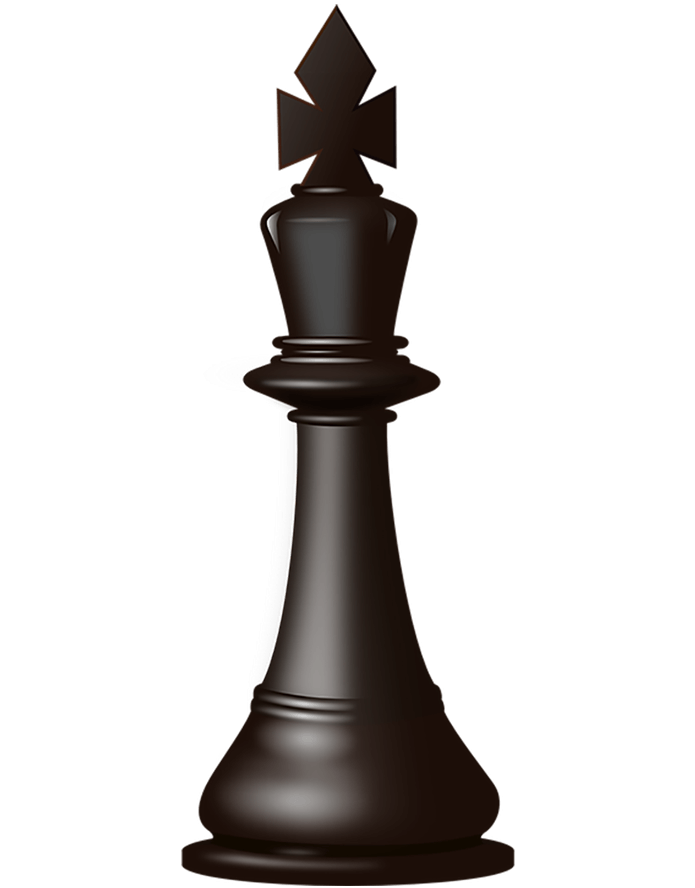Rookie
Dabbler
Beginner
Competent
Intermediate
Advanced
Stages
1. Rookie (New | Rating: 0)
Who it’s for:
Absolute beginners with no prior knowledge of chess, ready to explore the game for the first time.
Program Focus:
- Introduction to chess basics : how the pieces move, board setup, and fundamental rules
- Understanding chess notation.
- Simple tactics like check, checkmate, and basic piece exchanges.
Format:
- Interactive lessons, games, and exercises to build familiarity with the game.
- Hands-on practice with guided play.


2. Dabbler (Basic | Rating: 0)
Who it’s for:
Players who know how to play but want to improve their basic understanding of strategy and tactics.
Program Focus:
- Basic opening principles (e.g., controlling the center, piece development).
- Introduction to tactics such as forks, pins, and discovered attacks.
- Simple endgames (e.g., king and pawn vs. king, basic checkmate patterns).
Format:
- Short lessons with plenty of practice games and feedback.
- Puzzles and exercises to reinforce tactical understanding.
3. Beginner-1 (Rating: 0–1400)
Who it’s for:
Players with a basic understanding of chess, aiming to improve consistency in their play and get their initial rating.
Program Focus:
- Opening theory for common openings like the Italian Game, Ruy Lopez, Sicilian and Queen’s Gambit.
- More advanced tactics, including skewers, sacrifices, and mating nets.
- Introduction to positional play : how to plan in the middle game.
Format:
- Group classes with regular quizzes and puzzle solving.
- Weekly practice games with analysis from coaches.


4. Beginner-2 (Rating: 1400–1500)
Who it’s for:
Players starting to develop more structured plans in their games and seeking improvement in both tactical and positional play.
Program Focus:
- Opening preparation and understanding opening traps.
- Key middle-game concepts: space, material, and initiative.
- Advanced endgames: converting small advantages into wins.
Format:
- Focused training on middle-game strategy and endgame techniques.
- Regular games with peers, followed by analysis.
5. Competent (Rating: 1500–1700)
Who it’s for:
Players who are developing more advanced strategies and are ready to begin competing at a higher level.
Program Focus:
- Mastering a core set of openings and responses.
- Deeper middle-game strategy: pawn structures, weak squares, and attacking plans.
- Advanced tactics and defending difficult positions.
Format:
- Tactical drills, deeper analysis of games, and guided tournament preparation.
- Focused feedback on individual strengths and weaknesses.


6. Intermediate (Rating: 1700–2000)
Who it’s for:
Serious players looking to sharpen their competitive edge and improve rating performance in tournaments.
Program Focus:
- Detailed opening repertoire: preparation for tournament-level play.
- In-depth middle-game strategies involving positional play, pawn breaks, and exchanges.
- Advanced endgame theory: major piece endgames, queen and pawn, and advanced pawn play.
Format:
- Personalized coaching with focus on specific areas of improvement.
- Participation in competitive matches with analysis from coaches.
7. Advanced (Rating: 2000+)
Who it’s for:
Experienced and competitive players aiming to refine their technique and prepare for high-level competition.
Program Focus:
- Preparation for high-level tournaments: fine-tuning openings, middle-game, and endgame play.
- Advanced positional understanding: prophylaxis, creating imbalances, and dynamic advantages.
- Deep analysis of classical games, including world champions’ strategies.
Format:
- Coaching with top-level coaches.
- Advanced theoretical discussions and participation in high-level tournaments.

